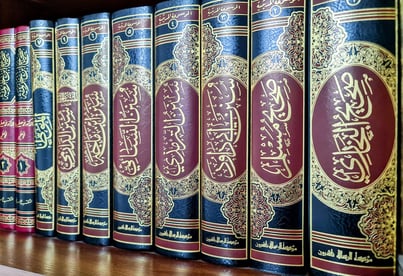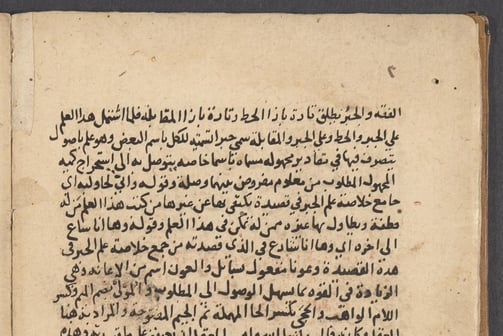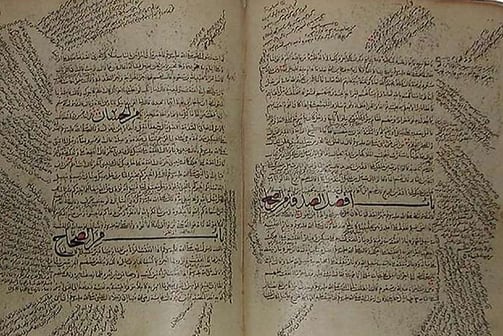The Books of Hadith
The six books of Sunni Hadith and four books of Shia Hadith are a foundational collections of sayings, actions, and approvals attributed to the Prophet Muhammad (peace be upon him) and his companions. Sunni Islam recognizes six primary Hadith collections, known as the Kutub al-Sittah. They are: Sahih al-Bukhari, Sahih Muslim, Sunan al-Tirmidhi, Sunan Abu Dawood, Sunan al-Nasa'i, and Sunan Ibn Majah. These collections are highly respected and revered by Sunni Muslims for their reliability, authenticity, and comprehensive coverage of various aspects of Islamic faith, practice, and jurisprudence. They serve as authoritative sources of guidance for Muslims in matters of belief, worship, ethics, and law.
Shia Islam has its own set of major Hadith collections, which include four primary works: Al-Kafi, Man la yahduruhu al-Faqih, Tahdhib al-Ahkam, and Al-Istibsar. Compiled by Shia scholars, these Hadith collections emphasize the teachings and traditions of the Prophet Muhammad and his family, particularly the Imams who are regarded as divinely appointed spiritual leaders and interpreters of Islam by Shia Muslims. These Hadith collections play a central role in shaping Shia beliefs, practices, and legal rulings, providing guidance on matters of faith, morality, and governance according to Shia interpretation.
There exist many more books of Hadith, but the six Sunni books and the four Shia books are considered the most primary and authoritative. Both Sunni and Shia Hadith collections are studied extensively by scholars and practitioners of Islam to understand the Prophet's teachings and his companions' practices better. They serve as sources of religious authority, spiritual guidance, and legal precedent within their respective branches of Islam, contributing to the richness and diversity of Islamic tradition and scholarship. They were all originally written in Classical Arabic during the 8th and 9th centuries CE.






A copy of a hadith book written by Muslim scholar and mathematician Sibt al-Maridini in 1472 CE.


Fragment of Hadith Al-Nabawi on paper, from near Mecca, Saudi Arabia
Theos 2024
Translations are not the property of Theos. Individual translations are the property of their respective translators. Theos does not own the rights to any translation of any religious texts.
